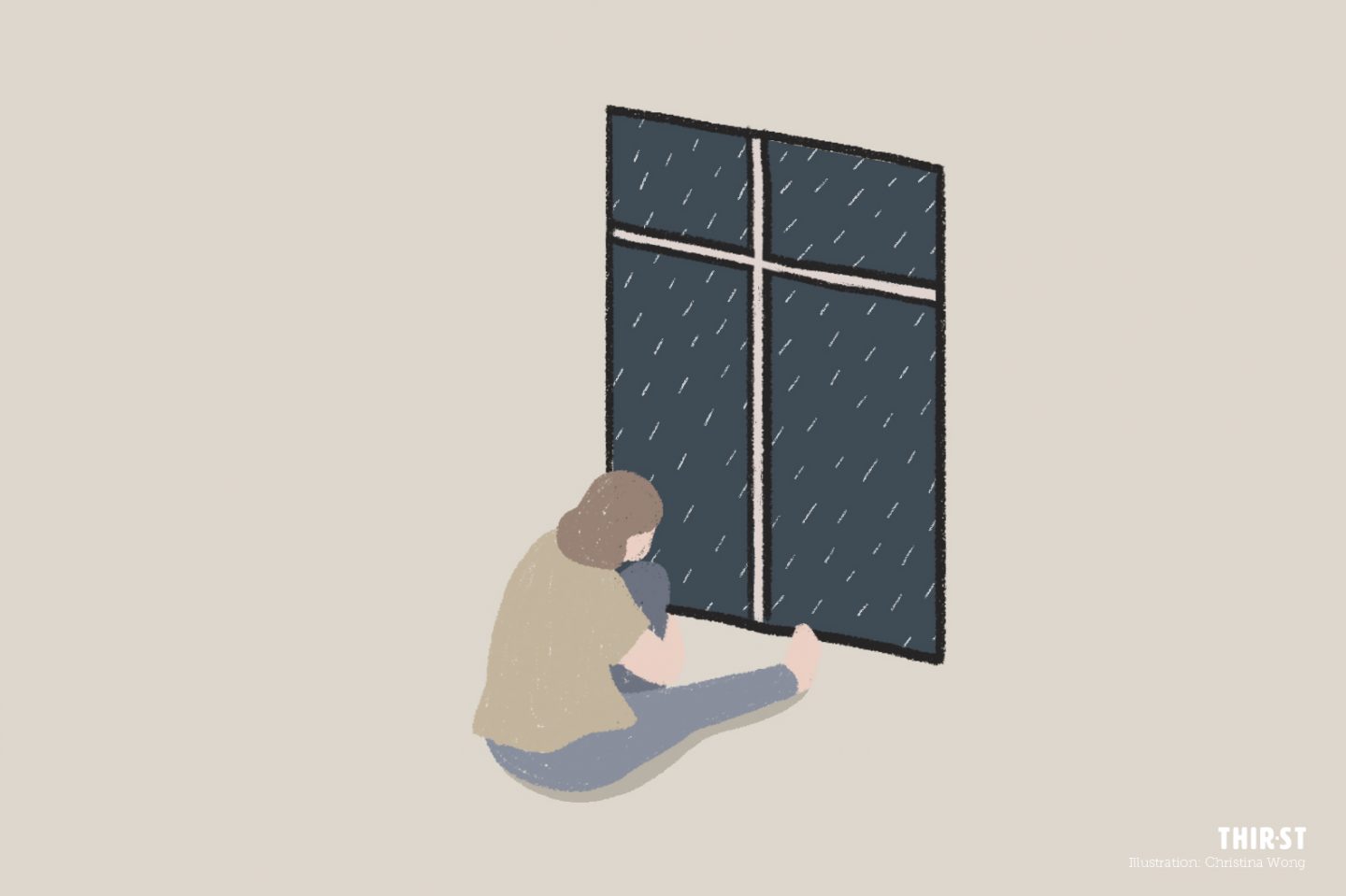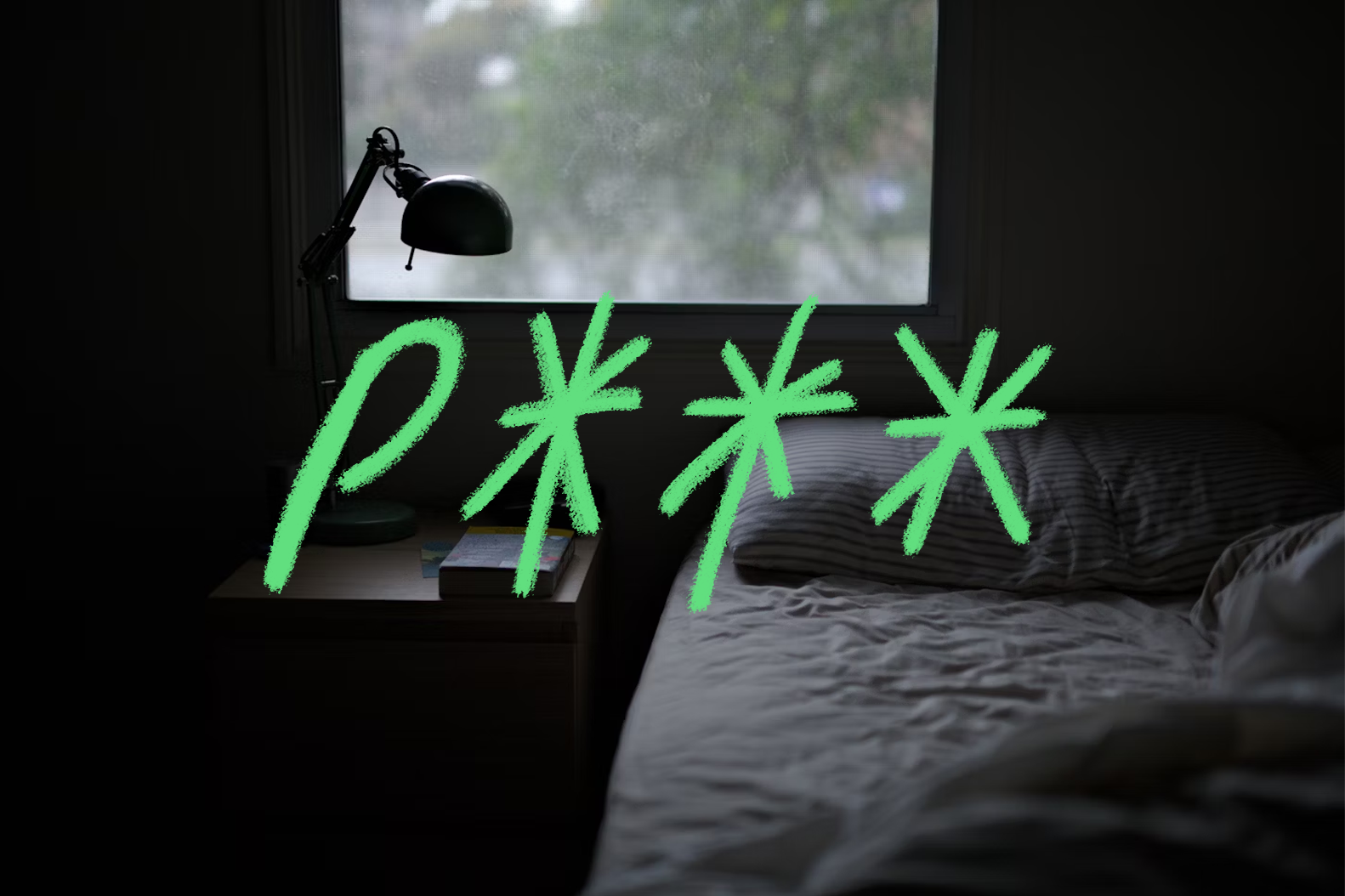*TRIGGER WARNING*
I could never understand why people struggled with suicidal thoughts. And I had all reason to give up on life, having been diagnosed with depression at just 15, and three years later, with psychosis. I just always believed that with sheer willpower, I could recover from my medical condition and overcome the difficulties I faced due to it.
I thought that those without brain disorders – who simply found life “meaningless” – had no reason to be suicidal. Secretly, I prided myself for being so strong and resilient, but this also meant being careless with my medication. And on an overseas trip in 2016, at 25 years old, I had my second relapse.
Even then, I refused to cooperate with the doctors and nurses, which resulted in unsuitable medication. I lied to them that the voices I could hear in my head were gone, hoping that they’d reduce my dosage.
So for the next few months in hospital, the voices in my head grew louder. They repeatedly told me to kill myself, to renounce my faith in Jesus. They woke me up in the middle of the night, screaming vulgarities at me and telling me to die because I was worthless.
I tried my usual methods of distracting myself and keeping my spirits up with sheer willpower, but being constantly berated by voices that no one else could hear was destructive even to my faith. I prayed, tried to read the Bible, but my mind just could not focus.

I remember one night, during the Mid-Autumn Festival, I fell asleep while looking at the moon through the hospital windows. Suddenly, the aggressive voices woke me up again, cursing me and telling me to die.
At that point, I was all ready to throw in the towel. I was so angry – angry at the voices and angry at my condition. You want me to die? I’ll die. Thankfully, there was no way to commit suicide in a hospital that was so secured.
Frustrated, I fell to my knees and cried out to God. I told Him that I’d had enough, that I was at my breaking point, and I was no longer strong enough to go on. I surrender, I said. Please give me peace. Please get me discharged so that I can go home.
The next morning, my doctor suddenly told me that he would discharge me, and that he had called my parents to pick me up. It was a miracle! God had heard my prayers! My own strength and willpower had not saved me – He had. God did not want me to die.
But the thing about suicidal thoughts is that they lurk at the corner of your mind, ready to pounce on you whenever you’re feeling low. And it is a choice to entertain them or not. For months after I was discharged from the hospital, I continued struggling with the voices in my head.

Determined not to revert to my old habits of trying to be stronger than my condition, I started going for counselling in church as well as cognitive behaviour therapy at a counselling centre. I also read up on my condition and confided in my doctor.
In order to further stabilise the neurotransmitters in my brain, my doctor changed my medication and adjusted the dosage. This has taken away the voices, although I can feel them standing at the door of my mind whenever my mood is low.
On some days, I pray for God to take me home to be with Him because I feel like I do not have any strength left in me to handle life with my mental condition. But I remember the words my counsellor said to me: “Whose life is easy?”
So I have learnt to take baby steps to cope with the negative thoughts, to challenge the voices with Bible verses that remind me that I am God’s beloved child. The suicidal thoughts have faded, and although I don’t know what will happen in the future, I now know that they aren’t a sign of weakness, but a biological sickness not unlike those we have in our body.
I constantly relinquish dependency on my own flesh, and choose to surrender my whole self daily to God, giving thanks in all circumstances. Leaving the troubles and burdens of my life at the foot of the Cross has proven much easier than carrying them on my shoulders, or in my mind.









